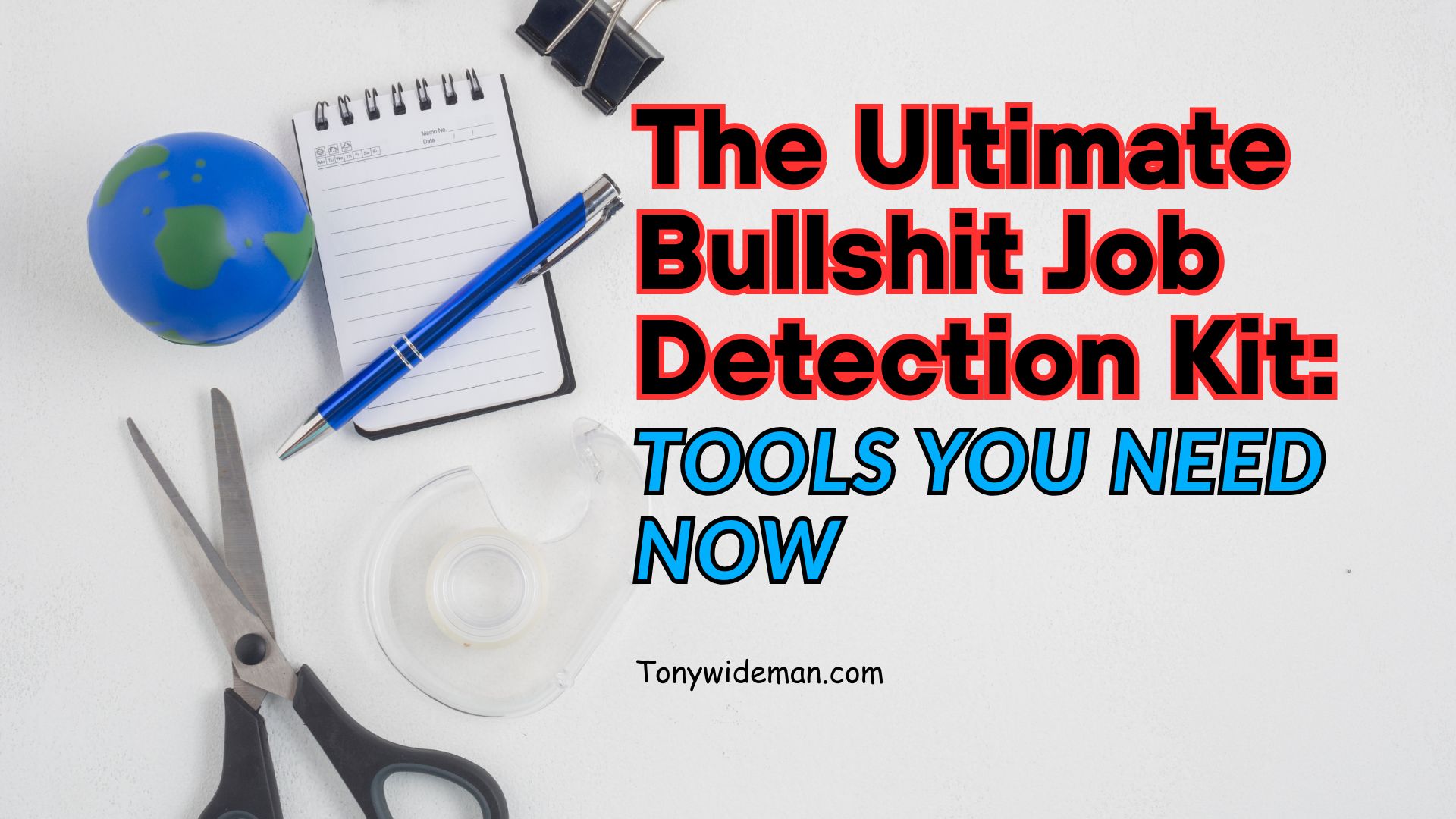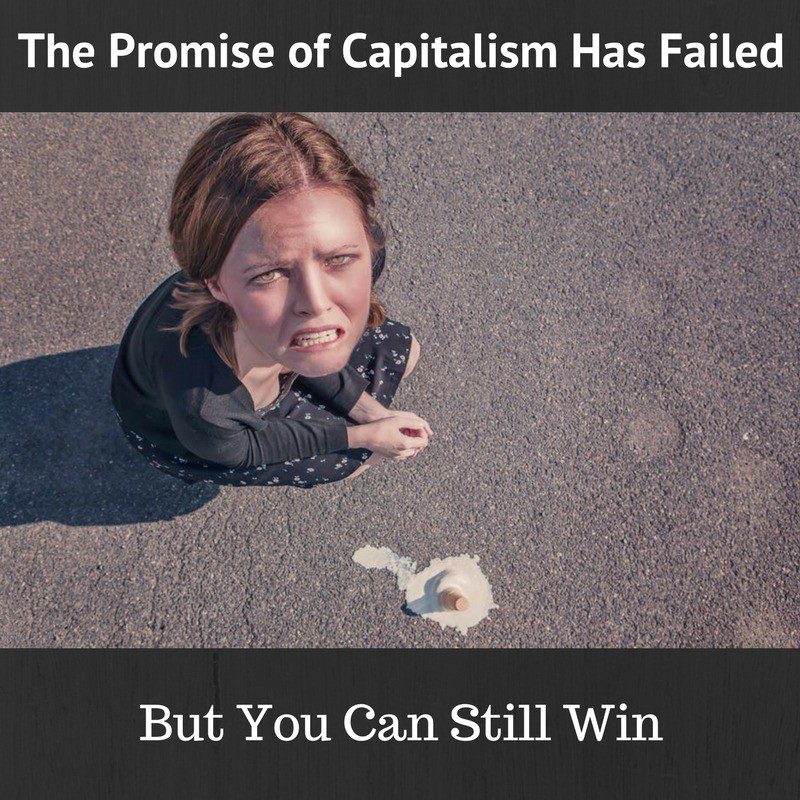What Is Degrowth? How It Will Easily Change The World For The Better
What is Degrowth? Why should you even care? Degrowth is on track to become the most powerful philosophy to change our world in many lifetimes.
Spanning health, wealth, economies, ecologies, and cultures. Here is why and how I see it. Please tell me what you think.
There was a time when the Earth was empty of humans. Today, there are 11 billion humans, and that number is continually growing.
Anyone with even minimal intelligence would liken the rapid global growth of humanity over the centuries to a virus.
In The Matrix, I believe Agent Smith accurately described humans. A virus indeed. Literally.
Every mammal on this planet instinctively develops a natural equilibrium with the surrounding environment; but you humans do not. Instead you multiply, and multiply, until every resource is consumed. The only way for you to survive is to spread to another area. There is another organism on this planet that follows the same pattern… a virus. Human beings are a disease, a cancer on this planet, you are a plague, and we… are the cure.
Agent Smith -The Matrix
We will need 1.5 Earths to maintain this growth at our existing rate. A significant portion of society believes that degrowth is a straightforward solution to this problem.
Ironically, there is an almost equal share of society that asks, “What Problem?”
What Is Degrowth?
I view degrowth as a counterbalance to human exploitation, environmental destruction, and the pursuit of growth at all costs, where more is often considered better in the capitalist system.
Supporters of Degrowth advocate for a society that prioritizes social and ecological well-being over ever-growing production, consumption, and corporate profits.
The Degrowth Movement was formed in 2008 following the first official Degrowth conference in Paris.
The principles of Degrowth can be relatively simple. Fewer productions and over-consumption lead to better social and ecological outcomes.
The word Degrowth can also mean many different things to many other people. As a Living Simple Minimalist, I love this definition of the movement.
Degrowth is a planned reduction of energy and resources use designed to bring the economy back into balance with the living world in a way that reduces inequality and improves human well-being.
Taylor and Fancis
I believe that at its most intense, Degrowth enthusiasts despise the idea of global capitalism, which at its core pursues growth at all costs. Lying, cheating, and stealing are all acceptable (even encouraged) behavior under capitalism.
Not even the exploitation of people and the environment can get in the way of pursuing ever-growing profits under capitalism.
The Degrowth Movement prioritizes social and ecological well-being over corporate profits, mass production, and overconsumption.
That is a huge mission, and I also believe living a minimalist lifestyle is the easiest way to contribute to the movement.
Degrowth usually encompasses the idea that we must end continued overproduction at the expense of the Earth’s ecology and try to produce better with less destruction.
Minimalist living is an easy first step because there is no etched-in-stone definition. Minimalist living can be whatever the participant chooses it to be, with the core principle of less is more leading the way.
Sustainability
Why Degrowth? Sustainability is the first to suffer in the world of infinite growth. There are massive negative consequences for the environment, driven by endless growth in a finite world.
Those in the know correctly understand that degrowth and sustainability principles are immensely more radical than the “Green” forms of sustainability discussed today.
Recycling and conserving resources are powerful and necessary parts, but simple measures like them will never come close to being enough.
We must rethink growth. Regrowth! Can sustainability and economic development work together?
Supporters of the degrowth movement recognize that the impending climate crisis poses a threat to human existence. Capitalism and unchecked economic growth are major drivers of the climate crisis.
It’s foolish and even reckless to believe unbridled capitalism and environmental justice can exist within the same social structure.
The world’s population is predicted to reach 11 billion this century, while Earth’s resources are depleting rapidly.
Scientists are increasingly calling for our society to incorporate degrowth methods into its arsenal of CO2-reduction tools to combat climate change.
The Economy
Capitalists would like to believe that producing a surplus and profit are the same. Ever-growing profits are a fool’s errand.
It requires you to burn out from overwork, exploit the labor force, and create false demand for products and services through marketing and advertising. It’s a form of “Capital Accumulation”—the continuous creation and reinvestment of surplus capital.
Is GDP (gross domestic product) a tool used for measuring growth under these circumstances? There is an increasing call for the Human Development Index (HDI) to be used as a measuring tool for social health.
No matter how we word it, the world’s economic structure is constantly pushing towards ever-growing consumption of natural resources and the destruction of the environment.
In a Degrowth Society, economies will be localized as much as possible in the hope of lessening the adverse environmental effects of capitalism.
Degrowth economies are organized around a participatory democracy that increasingly ensures everyone’s basic needs are met while combating harmful growth and expansion.
Ideally, Degrowth economies would conserve resources, as renewable energy systems primarily power them.
Degrowth recognizes that a large part of the resources used by society is dependent on the abuse of the limited ecosystem. Heavily relying on non-renewable resources will jeopardize our society’s long-term survival.
That sad truth is an ever-growing driving force that compels people to demand solutions, such as the Degrowth Movement.
Unfortunately, the Capitalist faithful accuse the fans of solutions like the Degrowth Movement of not understanding world markets and the economic potential of current and emerging technology.
The simple fact is, we can easily do better if we decide to. We need to stop trying to have our cake and eat it too.
Unfortunately, technological advancements and efficiency improvements tend to be reinvested in more consumption and growth. Remember Capital Accumulation?
This basic concept of capitalism is what is causing the economic and environmental problems the world is experiencing.
There is no such thing as ever-growing profits while reducing negative environmental and social impact.
I hear people often fantasize about living the American Dream. There is no way that the 7.2 billion people in the world today, and even fewer the projected future 11 billion, can live the overconsumption, Western-style life.
The Earth could not support it for not even a few minutes. Just let that sink in for a minute or two. The modern way of capitalism is currently a death sentence. We need an alternative.
Degrowth, as in a minimalist lifestyle practiced worldwide, can produce small positive changes.
Just imagine a society committed to the philosophy of less is more. It would divert money and time currently spent on material possessions into a higher quality of life and more enriching experiences.
They would work and consume less to enjoy life more. There would be less time spent trying to corner the stock, real estate, and bitcoin markets, and more time spent consciously spending quality time with family and good friends.
Living a Degrowth lifestyle would decrease hours working in the formal economy, spend less money, create more free time, and increase independence.
The members of the Degrowth society will be healthy and wealthy taxpayers. The economy would grow bigger and usually better.
The problem is that the Earth has a finite amount of resources, which prevents the economy from growing forever.
How To Degrowth Movement
Converting a capitalist, materialistic society into a more participatory, community-oriented one will require a top-down approach.
It’s challenging to work less and live more in a world where access to basic housing drives us into debt and stress every month.
I live in a world where I’m bombarded with advertising telling me my life would be better because more is better. The latest and greatest is what I need to be happy.
Degrowth and adopting a more straightforward life philosophy will require structural changes at the macroeconomic level.
I personally hope that change will come through a revolution in consciousness and actions among the massive hordes who use minimalist living as a guide. That’s just me.
In recent times, scholars and policymakers have criticized degrowth as an unattainable oxymoron.
The Degrowth Movement should not be confused with negative growth rates resulting from economic productivity. It can better align with the sustainability movement.
Implementing degrowth principles in economies will require an entirely new set of economic and social policies, as well as a new way of thinking.
This would include, but is not limited to, introducing concepts such as prioritizing human well-being, acceptable GDP growth, policies for a basic minimum income, reducing work hours, and taxation.
We will need to move away from what is now commonly seen as ‘growth’ and ‘progress’. More work, more consumers, more manufacturing, and more profit at the expense of the well-being of our society.
Minimalist Living may hold the key to promoting degrowth to the masses by rejecting the idea that more is better. Working all the time and being busy for the sake of being busy are frowned upon.
Degrowth is a way to reduce everyday overconsumption and busyness. Simple minimalist living techniques include decluttering your living workspaces of unwanted and unneeded items.
This will help you live with only the things you truly need, rather than all the things you want. Everything will have a place and purpose, and they should not overlap whenever possible.
Minimalist living principles prioritize reducing work and busyness to achieve more free time with family and friends, more social and community engagement, and more of what really matters in life.
This approach to living may seem to be the total opposite of capitalism, characterized by achieving more and generating endless profits.
Degrowth highlights the reality of our finite world, characterized by limited resources. There is no such thing as ever-growing profits, and more is not better.
Degrowth will require a massive reduction in the size of the global economy, with an emphasis on common values, shared resources, public health, and well-being.
We want to reduce working hours to earn less income but have more free time. The Degrowth movement would be driven from the “Bottom-Up” as opposed to the usual “Top Down” movement of capitalism.
What Are The Arguments Against Degrowth?
The Degrowth movement is not without its detractors.
Many people believe that technology is the solution to the problems Degrowth aims to address.
They believe emerging green technologies and the promises of carbon-offsetting technologies, when integrated into current environmental policy, can achieve sustainability.
The overwhelming majority of degrowth critics believe that implementing degrowth economic principles will cause a global economic recession and its accompanying adverse effects.
They believe these adverse effects, once realized in the global west, will cause a domino effect towards the global south, as they are heavily dependent on western consumerism.
The simple fact is that the world’s current path is unsustainable, and drastic action is needed.
Failure to confront the lies and promises of unbridled capitalism is the cause of the problems the Degrowth Movement seeks to resolve.
What’s Next For The Degrowth Movement?
The Degrowth Movement is slowly moving from the fringes of society into the mainstream of society and political conversations.
More and more people believe Degrowth or something similar can be used to combat climate change and some of society’s inequality. While others believe that just tweaking the status quo is the way to go toward a sustainable future.
Most importantly, the degrowth movement has forced the need for conversations to question the ill effects of consumerism and climate change on our society.
It clearly highlights how, at all costs, capitalistic ideals can be counterproductive in shaping the kind of future we all agree we would like to enjoy.
As a living, simple minimalist, I, along with a fast-growing number of people who practice Degrowth Movement policies in their daily lives, know that it will not be enough to move the needle to meet our sustainable needs.
There needs to be political and societal revolutions to create post-capitalist infrastructure and systems that promote a more straightforward way of life.
I say ‘revolution’ because massive change never comes easily. The Degrowth Movement or any form of it may not be the total answer. I believe that degrowth-based principles and practices are well-suited to address many of our societal ills regarding the quality of life and the environment.
If we do nothing and grow at all costs, capitalism and overconsumption will force corrections that may destroy life as we know it.
Conclusion
Degrowth forces mostly the Western world and those aspiring to enjoy that lifestyle to look in the mirror and realize the burden of pursuing material excess.
Liberate us from the burden of acquiring stuff we don’t need and sometimes don’t use.
We, the patient, are very ill. Without even a second thought, the Western world will irreparably damage the ecology, personal health, well-being, and social justice. For what exactly?
Degrowth offers many innovative solutions, but the patient must want to improve before they can be implemented meaningfully.
What may be some of your solutions to the world’s problems?





